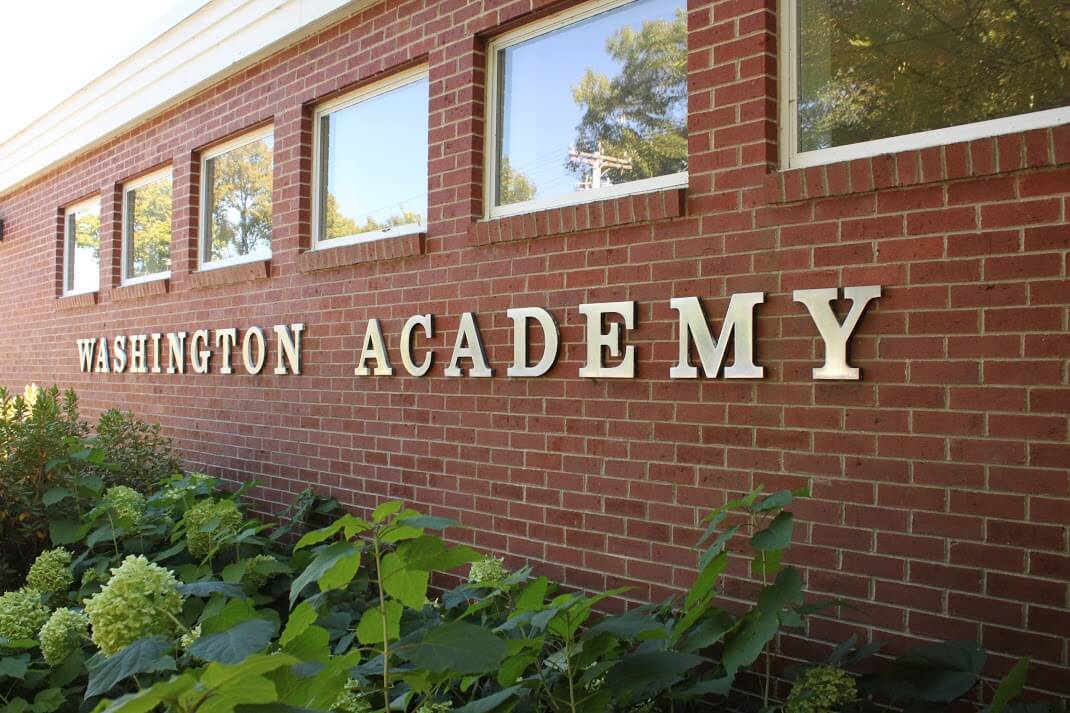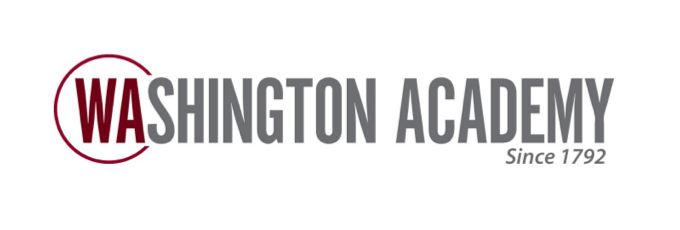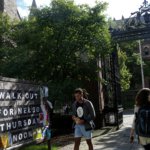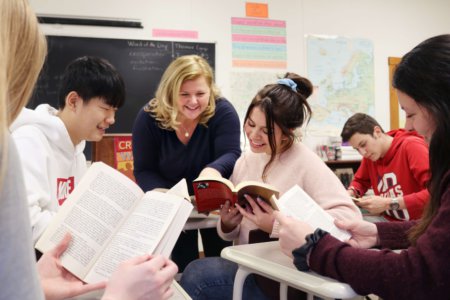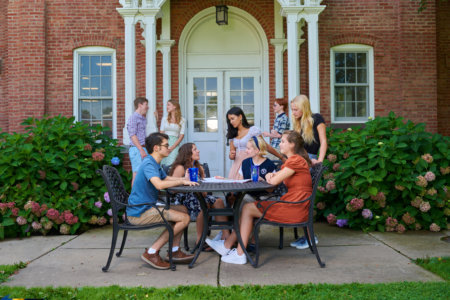Environmental concerns have skyrocketed in recent years. Water, for instance, covers 71% of the Earth’s surface. While it plays a critical role in humanity, our oceans are in dire straits due to the environmental and ethical costs of marine activities and consumer waste. Students passionate about the environment and who would like a headstart in studying topics that relate to it will find no better place to do so than at Washington Academy (WA).
WA is an independent secondary school that educates students from grades nine through 12. The Academy’s 75-acre campus is located in a safe, rural community in coastal Downeast Maine — the state with the lowest crime rate in the US. Here, learning comes to life with a hands-on learning experience in speciality classes such as Outdoor Leadership, Marine Biology, and Coastal Ecology.
As the growing global population stresses society’s ability to produce food, water, and shelter, humanity will continue to look to the oceans to help sustain our basic needs. WA’s Marine Biology course is designed to be taught at local beaches where students have the opportunity to conduct authentic investigations and participate in fieldwork to collect data and make observations. Its location — just two miles from the Atlantic Ocean — makes this feasible.

WA provides a comprehensive programme of academics, athletics, and the arts. Source: Colleen Maker, Washington Academy
“Marine Biology students this year were engaged outside of the traditional classroom exploring and learning about marine life along the local coastline,” says .
Learning is done through hands-on research, exploring the research of others, and by interacting with marine biologists. Students will grow algae; conduct research in the intertidal zone of the local coastline; complete prescribed writing and reading assignments; engage in group discussions, individual research projects, and presentations.
Students interested in the Earth’s biodiversity and conservation efforts will find that Coastal Ecology ideal. Students will be exposed to forest ecology and management; river and lake water quality assessment; soils and geology; wetland surveys; and wildlife management.
A major emphasis of the course is on Atlantic salmon restoration efforts, which will allow students to work with local, state, and federal personnel towards this common goal. Some of the projects include working on alternative energies; bioremediation; water quality monitoring; community gardens; and greenhouse operations.
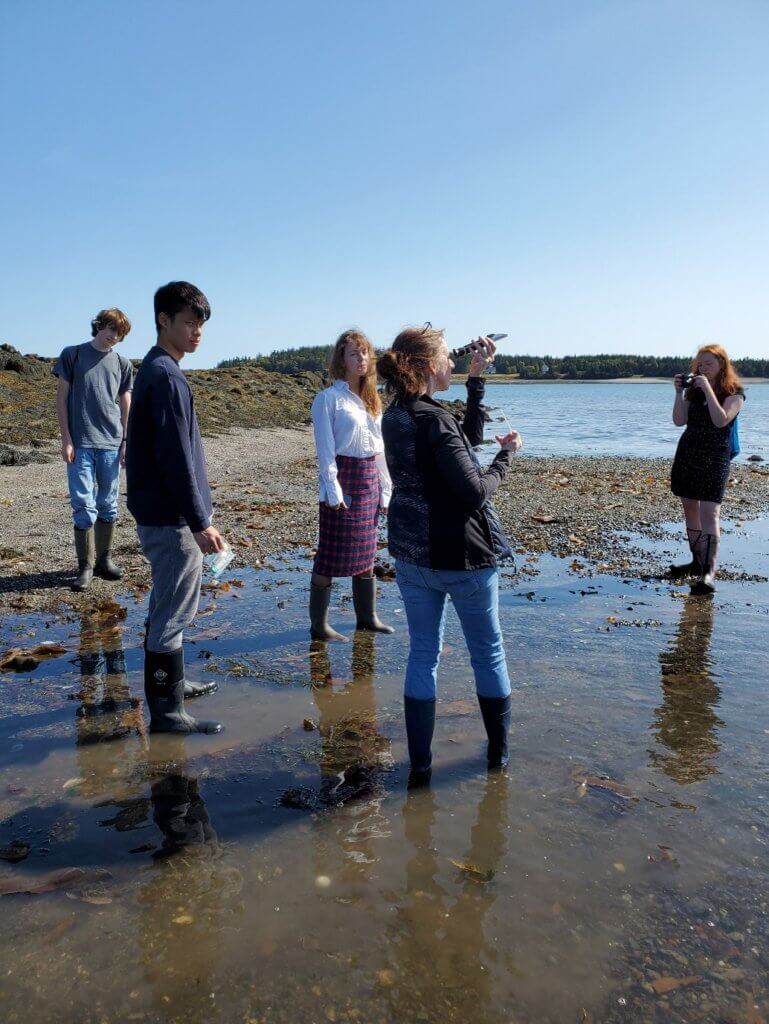
Washington Academy is an independent secondary school committed to the success of each of its local, national, and international students. Source: Carol, Coryea, Washington Academy
“Coastal Ecology students enjoyed the outdoor classroom this year as much as possible,” says . “Students found themselves studying the Gulf of Maine through hands-on studies and fieldwork. A semester-long project included nature journal entries that allowed students to look at the detail of the environment around them, with an eye for detail and careful scientific observations.”
For students who love spending time outdoors, WA offers the Outdoor Leadership I course, which is designed as an introduction to outdoor career fields. Units covered include Forests and Forestry; Flatwater Canoeing; White Water Canoeing; Camping Technique; Survival Priorities; Navigation; and Basic First Aid. The course also involves both overnight camping and full-day field trips — ideal for the wanderlust at heart.
Upon completion, students will be eligible to enrol in the Outdoor Leadership II course. To take things up a notch, second semester students are responsible for helping/aiding the teaching of Outdoor Leadership I skills and concepts to first-year students. Students can expect units such as Forests and Forestry; Flatwater Canoeing; White Water Canoeing; Camping Technique; Survival Priorities; Navigation; and Basic First Aid.
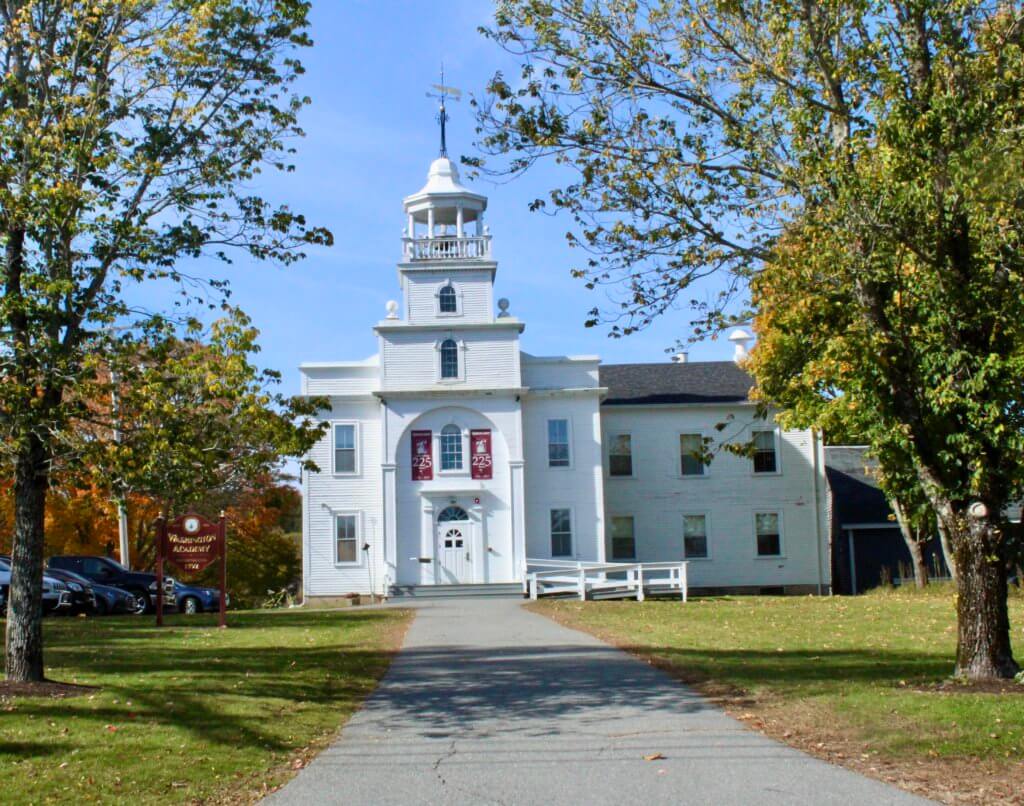
At WA, you’ll be well-prepared for the academic demands of your chosen university and develop the skills of a lifelong learner. Source: Washington Academy
Early this year, the Maine State Science Fair was held virtually and attended by WA’s student, Siobhan Duffy, Class of 2022. Duffy came in first place in the Behavioral Science – Sociology category for her presentation on “Effects of Outdoor Activity on High Schoolers’ Well-Being During COVID-19.” She was also awarded scholarships from the University of New England, the University of Southern Maine, and an American Psychological Association Award.
Although stressful, Duffy said that it was overall a “good experience.” Some of her key takeaways included collecting and analysing data. “I had to figure out how to find the p-value and chi-square of my data, and use that to draw my conclusions. Presenting my project to the judges and colleges was the most nerve-wracking part,” she says.
Ultimately, the Washington Academy enables students to discover their talents, develop the skills of a lifelong learner, and study within a supportive community for a life-changing learning experience.
Follow on Washington Academy Facebook, Twitter, Instagram, and YouTube

